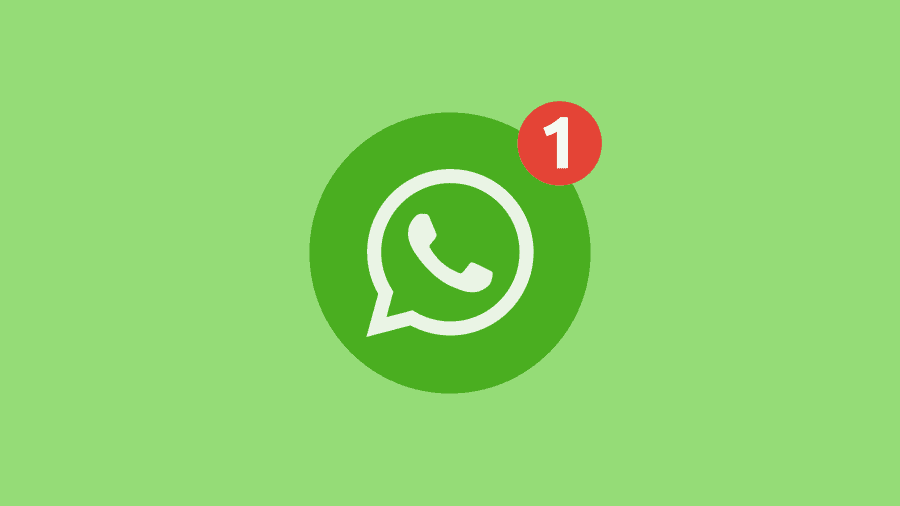In the United Kingdom, WhatsApp has started its first significant privacy-focused advertising campaign.
It comes after a reaction from customers over revisions to its terms and conditions that were revealed earlier this year.
The company also said that it is defying government demands, notably from the United Kingdom, to compromise on how it encrypts communications.
WhatsApp CEO Will Cathcart told the BBC that authorities should “demand more security” rather than less.
“The first step of keeping people safe is, you have to have strong security, and we think governments shouldn’t be out there trying to encourage tech companies to offer weak security,” he said.
“They should be out there trying to encourage or even mandate that companies offer the strongest security possible.”
The international marketing campaign will be out on Monday in the United Kingdom and Germany.
WhatsApp employs end-to-end encryption, which means that only the device that transmits the message and the device that receives it can read it. WhatsApp and its parent firm Facebook, by default, are unable to access or intercept them, and neither can law enforcement.
In the battle against the spread of illicit materials, Home Secretary Priti Patel has called the use of end-to-end encryption “not acceptable.”
In an April address, she said she wanted to see technology utilized “in a way in which is also consistent with public protection and child safety” but she didn’t say how.
WhatsApp is already barred in mainland China, and the company is battling the Indian government over new digital restrictions that would compel it to compromise its privacy safeguards. India accounts for over 400 million of the company’s two billion worldwide consumers.
As IT industry rules tighten throughout the globe, Mr. Cathcart said he “lives with the reality” that additional governments may opt to prohibit the site.
While the company is unable to see the substance of communications, it has created additional techniques to assist it to filter unlawful materials and widely disseminated falsehoods.
Every month, WhatsApp bans two million accounts, and in 2020, the company will send 300,000 photographs to the National Center for Missing and Exploited Children, according to Mr. Cathcart.
This is accomplished via a mixture of reports from message receivers and machine learning utilizing WhatsApp’s unencrypted data, such as the volume of messages an account sends and the number of groups it joins.
Messages that have been forwarded many times previously are now highlighted, and the number of persons with whom one user may share the same message has been limited.
Following an announcement regarding revisions to its terms and conditions in January, hundreds of customers threatened to abandon WhatsApp, mistakingly believing it would begin sharing message data with Facebook.
It said that anybody who refused to accept the upgrade would lose functionality.
Thousands of worried consumers rushed to alternative services like Signal and Telegram after bogus allegations that the privacy of personal conversations was set to alter.
In reality, the modifications are primarily focused on allowing businesses to take payments over WhatsApp.
Will Cathcart said that the business accepted responsibility for the “confusion” caused by the statement.
“To reiterate, nothing about the privacy of people’s personal conversations changed in our update,” he said.









